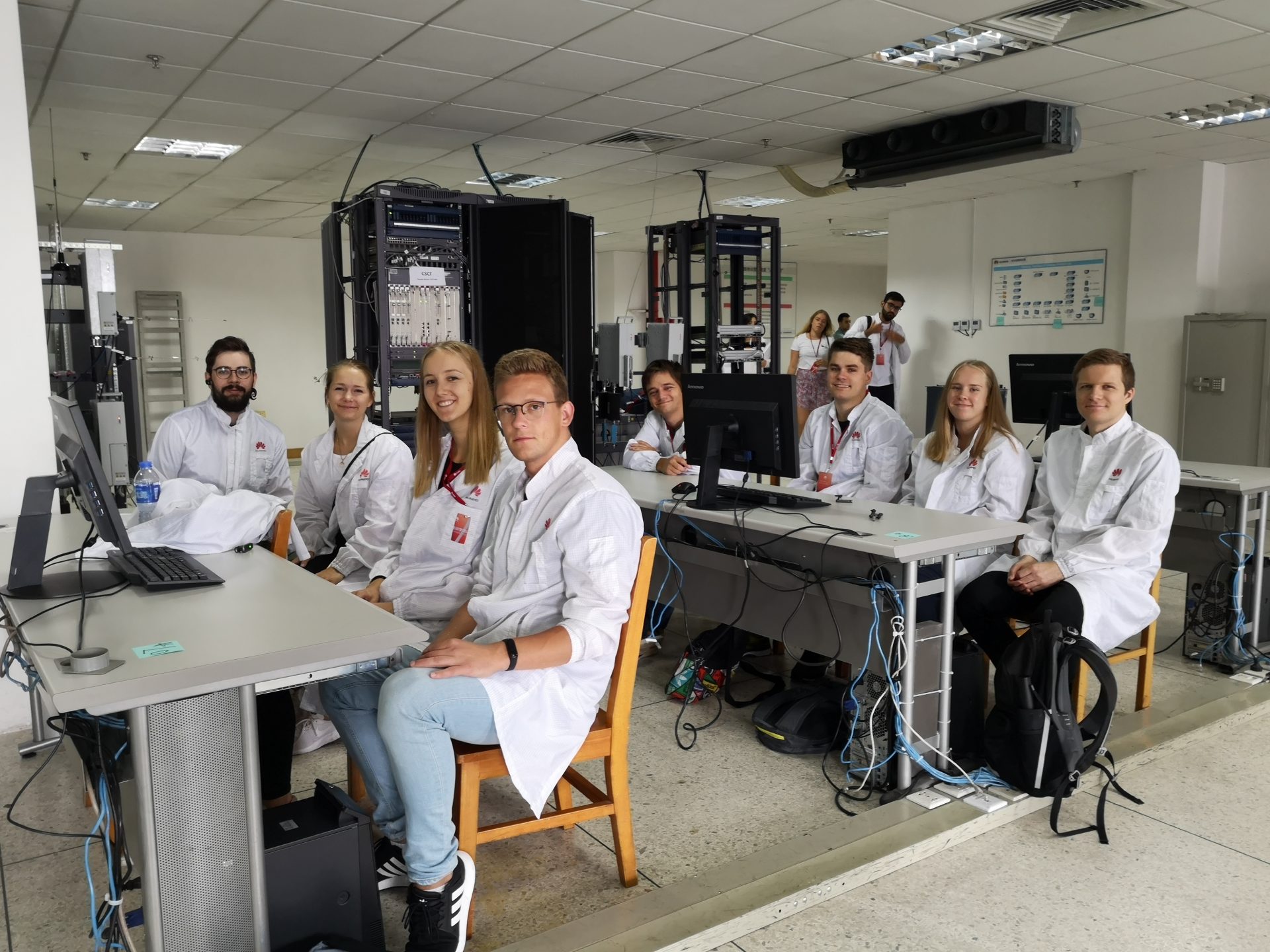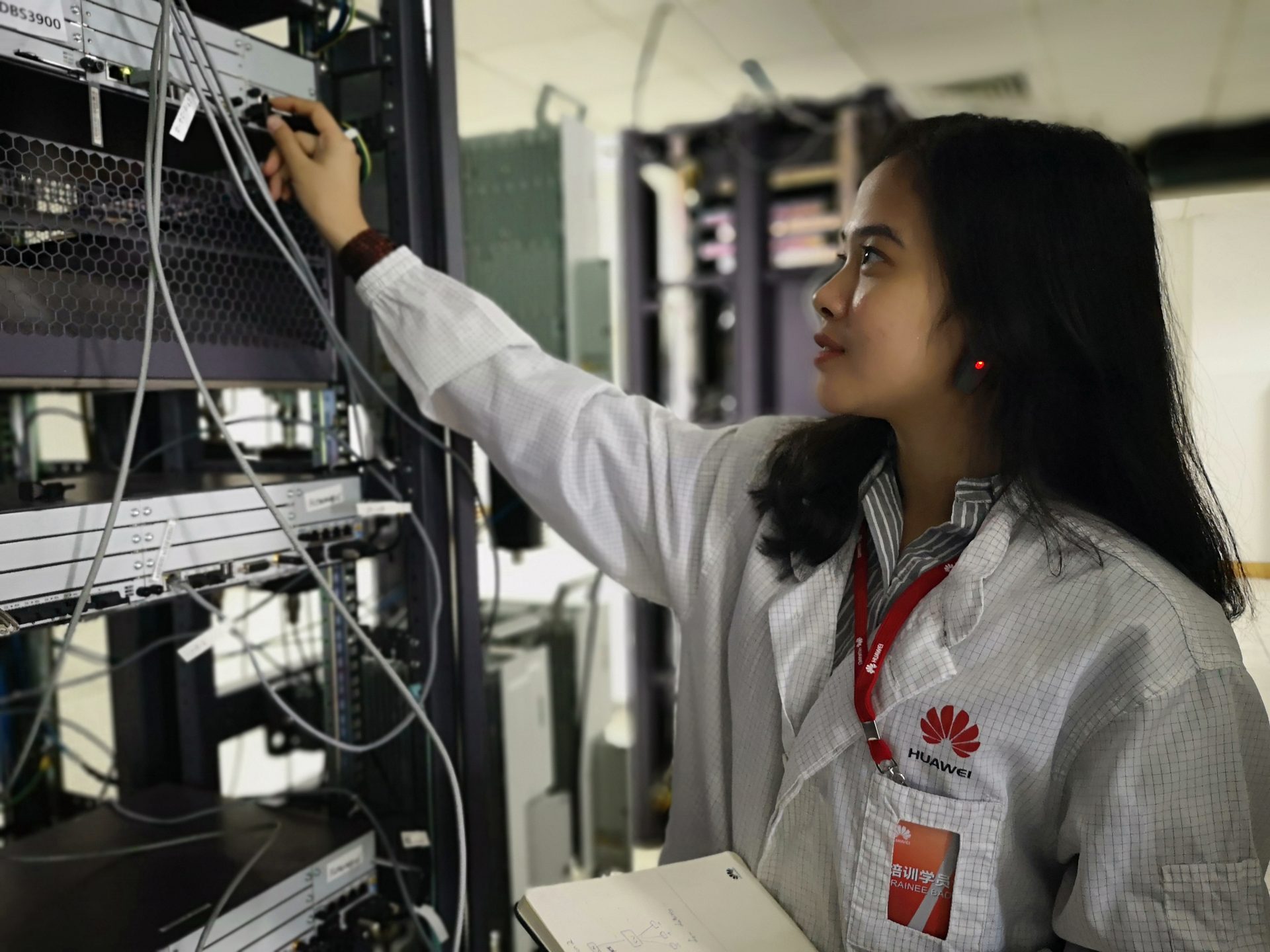2023: Why the European Year of Skills Is Crucial for the EU
What’s at stake to achieve the green and digital twin transitions?
For the past ten years, the European Commission has dedicated each year to a specific topic worthy of particular awareness, attention, and action.
In 2022, the European Year of Youth celebrated and supported one of the population demographics most impacted by COVID-19. While Europe’s young people showed remarkable resilience and adaptiveness during lockdowns, they were forced to sacrifice a traditional learning environment and faced a shrinking job market, with unemployment rates peaking in 2022 across the union.
While the current average rate has gradually fallen to 15.1%, rates in member states such as Spain, Italy, and Greece have hit between 20% and 30%. Several post-pandemic factors have influenced these numbers, including energy prices, high inflation, and economic and industrial challenges. To make breakthroughs in current environmental, energy, digital, and geopolitical challenges, the European Commission has approved the Horizon Europe work program 2023-24, investing around €13.5 billion to support researchers and innovators in Europe. As part of the broader EU budget of €95.5 billion for research and innovation, the program will support the EU in reaching its climate goals, increasing energy resilience, and developing core digital technologies.
A question of skills
Nevertheless, the EU still faces a critical problem that will keep its ambitious goals out of reach if not immediately and adequately addressed: a lack of digital skills. In today’s fast-paced digital economy, digital talent is required to unlock digital transformation and drive economic growth. Moreover, the digital economy can enable Europe to reshape its industrial position with collaborations that analyze gaps, develop and pass on digital skills, spread digital ideas, and bridge the digital divide.
Since 2014, and developed by the European Commission, the Digital Economy and Society Index (DESI) has tracked Europe’s digital performance and set out the measures member states need to put in place individually and at the EU-level to advance on the digital transformation path. The 2022 edition paints an interesting picture: while digitization in the EU is uneven, there are some signs of convergence. Most EU countries that reported the lowest level of digitization five years ago are advancing faster than others, signalling stronger convergence.
Three digital challenges
However, digital challenges are still a reality in the EU, which is underperforming in three critical areas, each of which requires considerable investment for the union to be able to compete on the global stage and retain an industrial edge. They are:
- The digital transformation of SMEs, which are the backbone of the European economy and represent 99% of all businesses in the EU, employing around 100 million people, and accounting for more than half of Europe’s GDP.
- The roll-out of advanced 5G networks, the full economic effects of which will likely be realized globally by 2035. 5G will support a wide range of industries, including new verticals such as the automotive industry, and create up to 2.3 million jobs directly and indirectly in Europe.
- The digital skills gap. More than 90% of professional roles require at least a basic level of digital skills, as the use of digital is spreading across all sectors from business to transport and even to farming.
In response, the European Commission has designated 2023 as the European Year of Skills to:
“Further promote a mindset of reskilling and upskilling, ensuring that nobody is left behind in the twin transitions and notably addressing labor shortages for a better skilled workforce in the EU that is able to seize opportunities of this process, thus boosting the competitiveness of European companies, in particular small and medium-sized enterprises, realizing the full potential of the digital and green transitions in a socially fair, inclusive and just manner.”
European Commission
On the side of talent-driven innovation
For the past 20 years, Huawei has promoted talent development in the EU, including nurturing professionals, promoting talent mobility, reskilling and upskilling, university collaborations, technology partnerships, and corporate citizenship. These have been at the core of our operations in the EU to contribute to a sound ecosystem of partnerships and programs for cultivating digital talent.
In 2011, Huawei launched its flagship CSR program – Seeds for the Future – in Europe. Spanning the EU-27, the program has helped more than 3,500 STEM and non-STEM students to acquire advanced digital skills in 5G, AI, clod computing, IoT, data and industry trends, digital trade, and cybersecurity, while gaining hands-on experience in the ICT sector and learning soft skills such as cross-cultural management, sustainability, and leadership.
-

Seeds’ students in class -

The course includes practical skills
Seeds’ alumni say…
And building on ten years of experience in talent development, Huawei Italy piloted an SME initiative to boost industrial collaboration. Since 2021, the most promising students from the Italian Seeds for the Future program have been placed on fully-sponsored internship programs with partner SMEs that are running digital transformation programs. Data shows that SMEs rarely offer training programs to their employees, reducing the chances for them to thrive in the digital world. By promoting MNE-SME collaboration, small and medium-sized companies can tap into top digital talent, driving their overall growth, performance, and opportunities to participate in the ICT value chain. To date, the program has initiated 12 internships with partner SMEs and led to 17 full-time positions in the energy and electricity sector.
Related: Seeds for the Future Students Design Smart Sign Language Solution
But to adequately address the digital skills challenge, another challenge must be tackled first: the skills mismatch, which negatively affects economic competitiveness and growth, increases unemployment, undermines social inclusion, and generates high economic and social costs.
One beneficial solution is building a bridge between the industrial and academic worlds.
In 2014, Huawei launched its first ICT Academy in Europe with the University of Alicante. Huawei ICT Academy is a non-profit partnership through which Huawei works with college and university teachers to jointly develop courses based on Huawei’s understanding of the industry, technical expertise, and industry-position analysis. The academy includes a Huawei-certified talent certification standard system, with practical courses designed to meet industry talent requirements. The courses cover technical fields, such as routing and switching, storage, cloud, WLAN, cloud computing, big data, IoT, and AI, and expects to benefit 200,000 ICT specialists from Europe in the coming five years.
#MapTheGap: An internationally-recognized digital skills campaign
Huawei is in Europe, for Europe. We talk to our stakeholders and partners to understand their challenges and jointly develop solutions. This was the background to a White Paper we released in April 2022 with Ernst & Young and ALL DIGITAL – a leading pan-European association focusing on advancing digital skills.
Titled Strategies to address the digital skills shortages in the EU, the paper identifies five areas of opportunity and signals a key finding: Europeans often lack an understanding of the required digital skills. And because of that, we lack awareness of what digital skills we should acquire. To support the findings and raise awareness about such challenges and opportunities, Huawei and its partners have developed a Digital Skills Quiz through which every European can see what digital skills they can improve. The quiz aims to map and personify the digital skills gap with six distinct personas created according to the Digital Competences Framework (DigComp 2.2) of the European Commission.
#MapTheGap offers a simple but effective tool to simplify a complex issue. Huawei and ALL DIGITAL were honored to see the campaign internationally recognized by the Association Excellence Awards 2022, receiving the gold medal for the best awareness campaign for advancing a cause and two bronze medals for the best event and best lobbying campaign.
Our efforts will continue in 2022, and we will offer our full support in the 2023 European Year of Skills. To this end, Huawei has joined EU initiatives such as the Pact for Skills and pledged to join the Digital Jobs and Skills Coalition and the EIT Deep Tech Talent of the new European Innovation Agenda. In 2023 we will strengthen our knowledge and continue to help drive a talent development agenda that can positively and proactively contribute to achieving the green and digital twin transitions.
Further reading
- Lessons from Around the World for Accelerating SME Digital Transformation [blog post]
- DigiTruck France: A Step Closer to Digital Inclusion [Current Huawei TECH4ALL program providing free training in digital skills for French citizens]
- 5G [Huawei Carrier webpage]
- Intergenerational collaboration and digitalization – Key results of a seven-country survey [Survey by Hochschule Fresenius University of Applied Sciences, Cologne (Germany) & Huawei]
Disclaimer: Any views and/or opinions expressed in this post by individual authors or contributors are their personal views and/or opinions and do not necessarily reflect the views and/or opinions of Huawei Technologies.





Leave a Comment